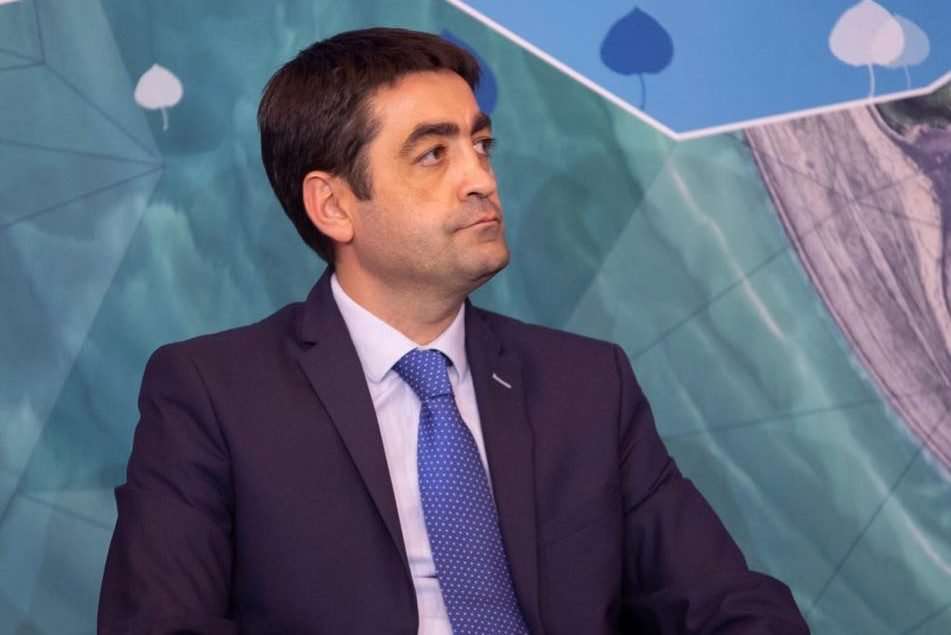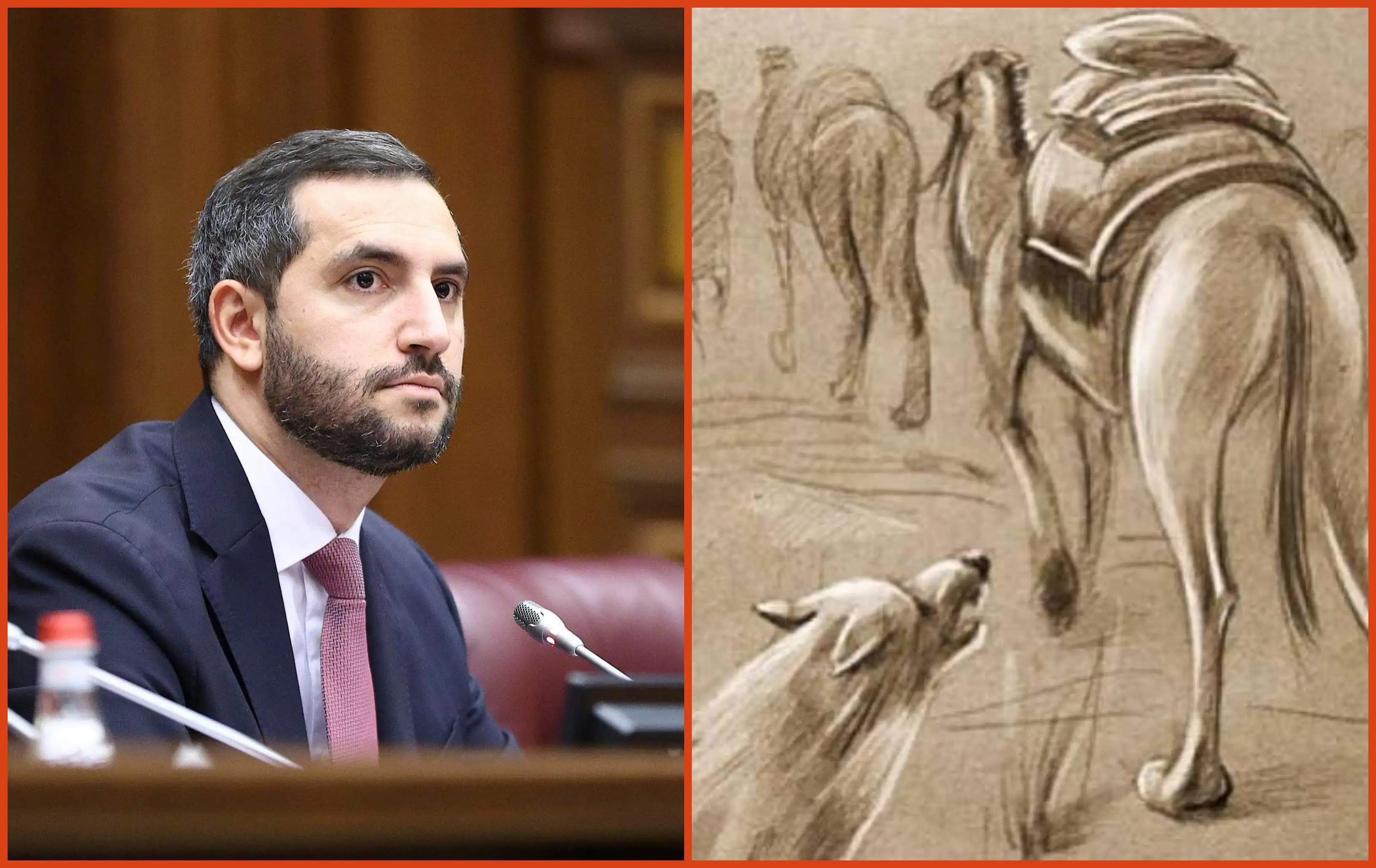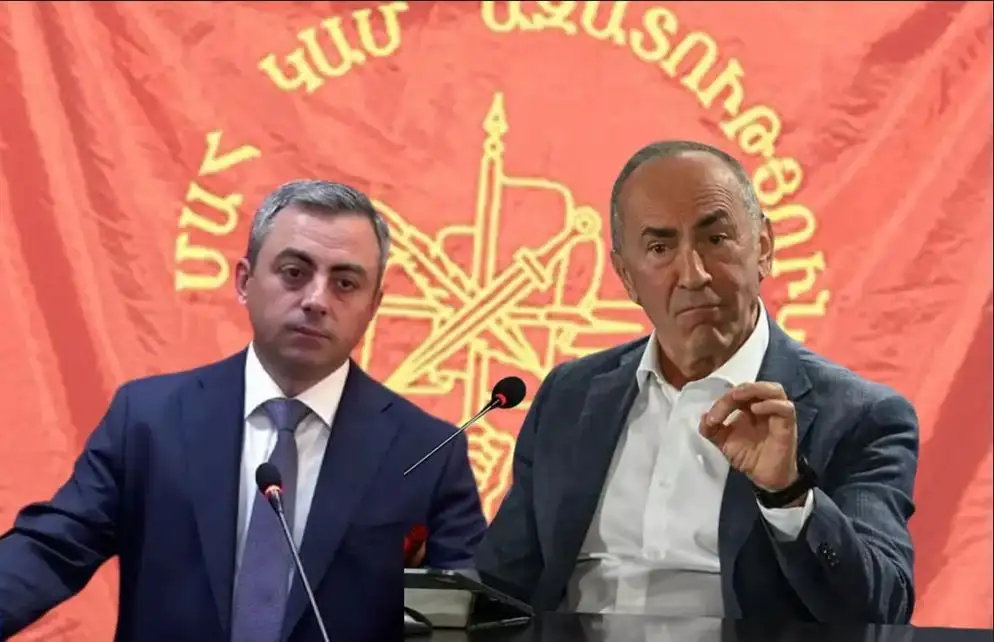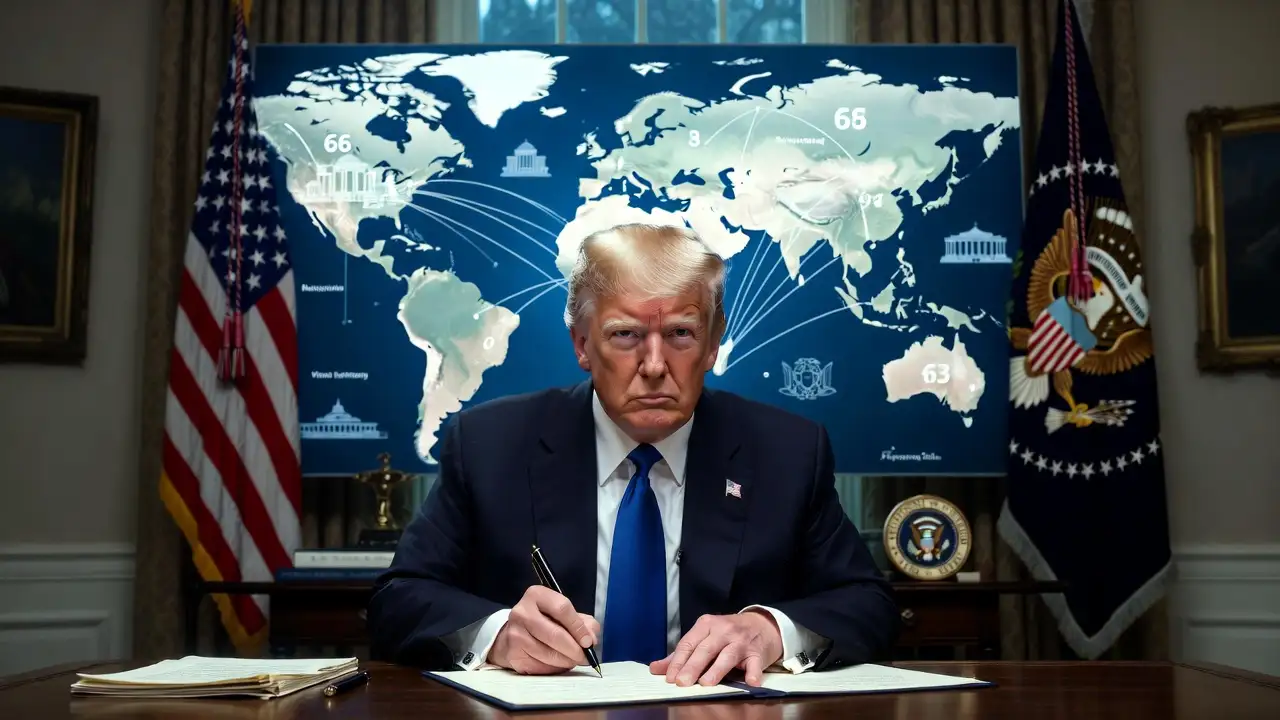Journalist, conflict analyst, and public-politician Arsen Kharatyan wrote on his Facebook page.
"The appointment of US Secretary of State Anthony Blinken as the American co-chair of the OSCE Minsk Group does not sit well with official Baku. It is evident that Azerbaijan and Russia agree on this matter. that is, the existence of the Minsk Group is not in the interests of these two countries.
Ilham Aliyev and his regime have had the problem of weakening and destroying the format of the OSCE Minsk Group since the 2000s. There is no shortage of evidence to support this. Russia, which has always wanted to solve issues alone in the post-Soviet area, but for various reasons, "tolerated" the presence of the West in the Nagorno Karabakh settlement process, already after the appearance of the document called the Lavrov Plan, considered the MG co-chairmanship secondary, and after the April 2016 four-day war, essentially to despise the co-chairmanship of the Council of Ministers.
After the disastrous war of 2020, these two countries directly "retired" the Minsk Group. Aliyev has repeatedly stated that there is no more Karabakh conflict, so no Minsk group exists. Russia, at the level of that country's Foreign Ministry, has spoken about how it is pointless to talk with anti-Russian centers in any format, including in the case of Nagorno Karabakh. Note that: the Mirzoyan-Lavrov joint press conference in Moscow, during which the RA Foreign Minister publicly opposed his Russian counterpart, saying that he receives different signals from the West regarding the format of the Minsk Group.
Thus, it is evident that the operation to nullify the Minsk Group is in the interests of Baku and Moscow. Ankara, who is also a member of the OSCE Minsk Group (not to be confused with the co-chairmanship), seems not against continuing the Artsakh conversation despite being tight-lipped on this matter with agreements in the Russian-Turkish domain. And why should it be against it? If the issue could be resolved within the framework of the Council of Ministers, the existence of the Russian-Turkish military base in Aghdam would be impossible.
It is also evident that the existence of the OSCE Minsk Group at the moment is mainly in the interests of Armenia and the USA. The fact that Washington directly reaffirms its involvement in the Artsakh settlement process within the framework of the OSCE Minsk Group can be a unique opportunity to change the situation. Baku's arrogant statements regarding this appointment are made mainly to sell the Russians is also visible. How Armenia and Artsakh will position themselves in this matter remains to be understood.
The official representing the United States in the OSCE Minsk Group is a career diplomat of the State Department. Phil Ricker knows the South Caucasus well and has already had a positive personal involvement in the post-war period. Through his efforts, the return of our 15 prisoners of war through the territory of Georgia was negotiated. Some maps of mined areas were transferred to the Azerbaijani side. It can be assumed that the American side will try to actively involve Georgia in the current stage of the Artsakh settlement, taking into account that Ricker will represent the interests of the USA in the Russian-Georgian Geneva process.
In the current situation, perhaps France's position will be more critical regarding the possible reactivation of the Minsk Group, of course, if official Paris makes efforts in this direction shortly. Regardless of everything, it should be noted that the US not only does not refuse to be involved in the most delicate issues of our region but also enters the game with an active presence, which Armenia and Artsakh can and should take advantage of.
It is undeniable that after the 44-day war, there has been a severe change in the balance of significant players in the Artsakh settlement process. To put it mildly, this change is not in favor of Armenians. Yes, Armenian diplomacy is again in a tightrope walker position, therefore, moving forward competently even in the matter of the new place and role of Armenia, which is so weakened, should be the number one imperative."


















